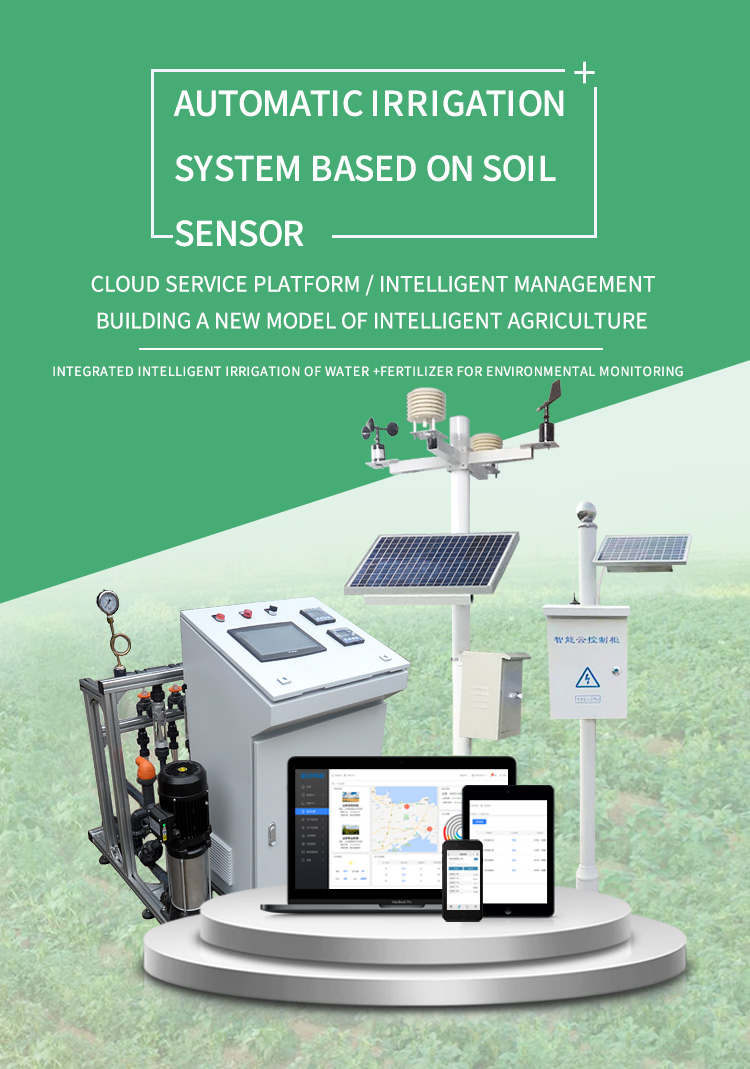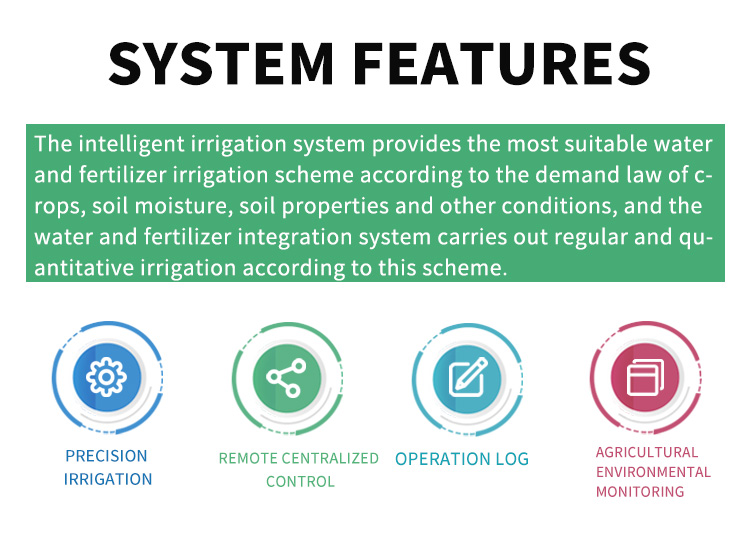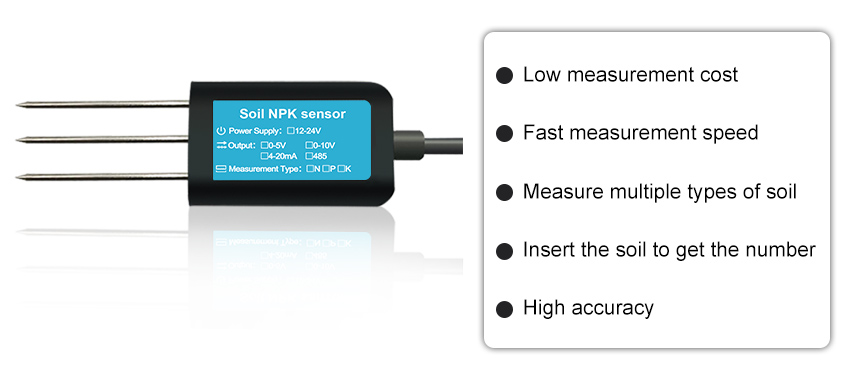In today's world, where environmental sustainability is of utmost importance, sustainable agriculture practices have become crucial. Among the various tools available for achieving sustainable agriculture, soil sensors play a significant role in enhancing crop health. In this comprehensive guide, we will explore how soil sensors can be used effectively to optimize crop growth, conserve resources, and promote sustainable farming practices.
Understanding Sustainable Agriculture:
Sustainable agriculture is an approach that aims to minimize the negative impact of farming on the environment while ensuring economic viability and social equity. It involves integrating practices that conserve resources, protect ecosystems, and prioritize long-term soil health. By adopting sustainable agriculture techniques, farmers can not only secure their livelihoods but also contribute to a healthier planet.

The Role of Soil Sensors in Sustainable Agriculture:
Soil sensors are critical tools for sustainable agriculture as they provide valuable data about soil conditions. These sensors are designed to measure parameters such as soil moisture, temperature, nutrient levels, pH, and salinity. By collecting real-time data, farmers can make informed decisions regarding irrigation, fertilization, and other agricultural practices, leading to improved crop health and reduced environmental impact.
Optimal Irrigation Management:
Water scarcity is a global concern, and efficient water management is vital for sustainable agriculture. Soil sensors help farmers optimize irrigation practices by providing accurate information about soil moisture levels. With this data, farmers can determine the exact water requirements of their crops and avoid over- or under-irrigation. By using water efficiently, farmers conserve this precious resource and minimize water wastage while ensuring optimal crop growth.
Precision Nutrient Management:
Proper nutrient management is essential for maintaining soil fertility and promoting healthy plant growth. Soil sensors enable farmers to monitor nutrient levels in the soil and adjust fertilizer application accordingly. By analyzing the data collected by soil sensors, farmers can precisely determine the nutrient requirements of their crops. This allows them to apply fertilizers in the right quantities and ratios, reducing nutrient runoff and minimizing environmental pollution.
Detecting Soil Anomalies:
Soil sensors are valuable tools for early detection of soil anomalies that can impact crop health. By continuously monitoring soil conditions, these sensors can identify issues such as salinity, pH imbalances, and the presence of contaminants. Early detection allows farmers to take corrective measures promptly, preventing crop damage and ensuring sustainable crop production. For example, if a soil sensor detects high salinity levels, farmers can implement appropriate soil management practices to mitigate the issue.

Data-Driven Decision-Making:
One of the key advantages of using soil sensors in sustainable agriculture is data-driven decision-making. The data collected by soil sensors can be integrated with other relevant data sets, such as weather forecasts and historical crop performance, to generate actionable insights. Farmers can utilize advanced analytics tools to analyze this data and make informed decisions regarding planting schedules, pest and disease management, and resource allocation. This data-driven approach optimizes farming practices, minimizes guesswork, and maximizes crop productivity while minimizing environmental impact.
Conservation of Resources:
Sustainable agriculture aims to conserve resources and minimize waste. Soil sensors play a crucial role in this regard by facilitating optimal resource utilization. By providing real-time data on soil moisture and nutrient levels, farmers can avoid over-application of water and fertilizers. This reduces resource wastage, lowers production costs, and minimizes the risk of environmental pollution. Additionally, soil sensors enable targeted application of resources, ensuring that they reach the plants where they are needed the most.
Conclusion:
Sustainable agriculture is no longer an option but a necessity in today's world. By harnessing the power of soil sensors, farmers can enhance crop health, conserve resources, and promote environmental sustainability. Optimal irrigation management, precision nutrient application, early detection of soil anomalies, and data-driven decision-making are some of the key benefits of using soil sensors in agriculture. As we move towards a more sustainable future, integrating soil sensor technology with other smart farming practices will further enhance crop health, improve productivity, and contribute to a greener planet. Sustainable agriculture made easy with soil sensors is an achievable goal that benefits farmers, consumers, and the environment alike.







